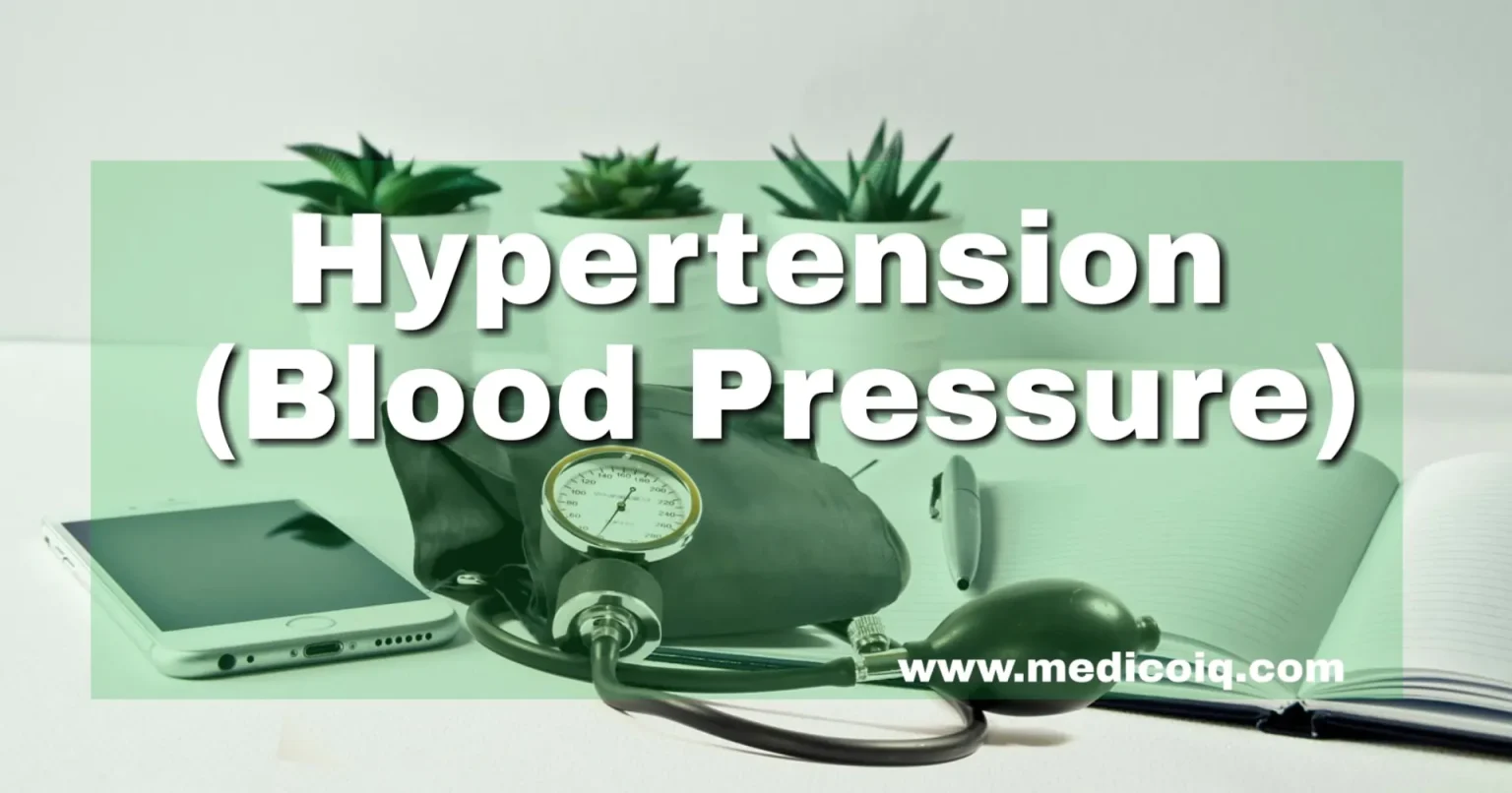By Esi-ife Arogundade
World Hypertension Day is observed annually in May, serving as a reminder of the importance of blood pressure awareness and management. This global health initiative carries even more significance as the world continues to adapt to lifestyle changes, rising stress levels, and an increasing prevalence of hypertension.
Hypertension, also known as high blood pressure, is a medical condition when the blood pressure in the blood vessels is continuously elevated. The more blood your heart pumps and the narrower your blood vessels, the higher your blood pressure becomes.
High blood pressure typically does not cause symptoms, but in the long-term can result in coronary artery disease, stroke, chronic kidney disease, heart failure and other cardiovascular diseases, arrhythmia, and dementia making awareness and regular monitoring of blood pressure vital.
Since there are usually no symptoms, and because it is a major cause of premature death affecting millions worldwide, including Nigeria, hypertension, is often referred to as the “silent killer”.
According to the World Health Organization (WHO), an estimated 46 percent of adults with hypertension are unaware that they have the condition. Less than half of them (42 percent) are diagnosed and treated, while while only approximately 1 in 5 adults (21 percent) have their hypertension under control. In-country, the Nigerian Hypertension Society (NHS) estimates that no fewer than 30 percent of the Nigerian adult population lives with hypertension, while only about 10 per cent of them are currently receiving treatment for the condition. Worse yet, less than 2.5 per cent of Nigerians with hypertension achieve blood pressure control or normal blood pressure
Over time, excessive salt consumption can lead to high blood pressure (hypertension), a condition that stiffens and narrows the blood vessels. This increased pressure can significantly reduce blood and oxygen flow to vital organs, forcing the heart to work harder to pump blood throughout the body.
According to health experts, most people consume more salt than the recommended daily limit. The World Health Organization suggests that adults should limit their sodium intake to less than 2 grams per day, which is roughly equivalent to 5 grams of salt.
At The launch of The National Guidelines for Sodium Reduction, The Honourable Minister of State for Health and Social Welfare, Dr. Iziaq Adekunle Salako described the Guidelines as a “blueprint for change, integrating global standards with Nigeria’s needs.”
Recognizing where salt hides in our food is essential, as many processed and packaged foods contain high levels of sodium, often without our awareness. Corporate Accountability and Public Participation Africa (CAPPA) has urged the Federal Government to expedite the development of regulations aimed at enforcing salt targets in processed and packaged foods.
This is crucial for addressing the rising rates of hypertension, cardiovascular disease, stroke, and kidney failure in the country. CAPPA, strongly supports the implementation of front pack labelling on food products as an effective strategy to combat excessive salt intake.
Clear and concise nutritional information displayed prominently on packaging allows consumers to make healthier choices. Instead of deciphering complicated lists of ingredients and nutrition facts, consumers can quickly assess the sodium content of a product at a glance.
These labels serve not only to inform consumers but also to encourage manufacturers to reduce salt levels in their products. With growing awareness about the health risks associated with excess sodium, companies may feel compelled to reformulate their recipes, leading to a healthier food supply.
Let’s take the opportunity to prioritize our health by becoming more aware of our salt consumption. By making conscious, informed choices today, we can work towards a healthier, more balanced future for ourselves and our communities.
Promoting healthy lifestyles aims to encourage individuals and communities to adopt healthier lifestyles. Simple changes can significantly impact blood pressure levels, which is to have a balanced diet, where more fruits, vegetables, whole grains, and lean proteins while reducing sodium intake can help to maintain a healthy blood pressure.
With regular exercise, engaging in physical activity for at least 150 minutes per week has been shown to lower blood pressure and improve overall heart health. Techniques such as mindfulness, meditation, and deep breathing exercises can help reduce stress, which is a significant contributor to hypertension.
By avoiding Tobacco and limiting Alcohol, both tobacco use, and excessive alcohol consumption can raise blood pressure levels. Quitting smoking and moderating alcohol intake are vital steps toward heart health.
It is crucial to recognize the impact of hypertension on global health. By promoting awareness, encouraging healthy lifestyle choices, and facilitating access to medical resources, we can combat this silent epidemic together. Individuals are urged to take control of their health, advocate for regular check-ups, and spread the word within their communities. Through collective effort, we can work toward a future where hypertension is better managed, leading to healthier and longer lives for all.


